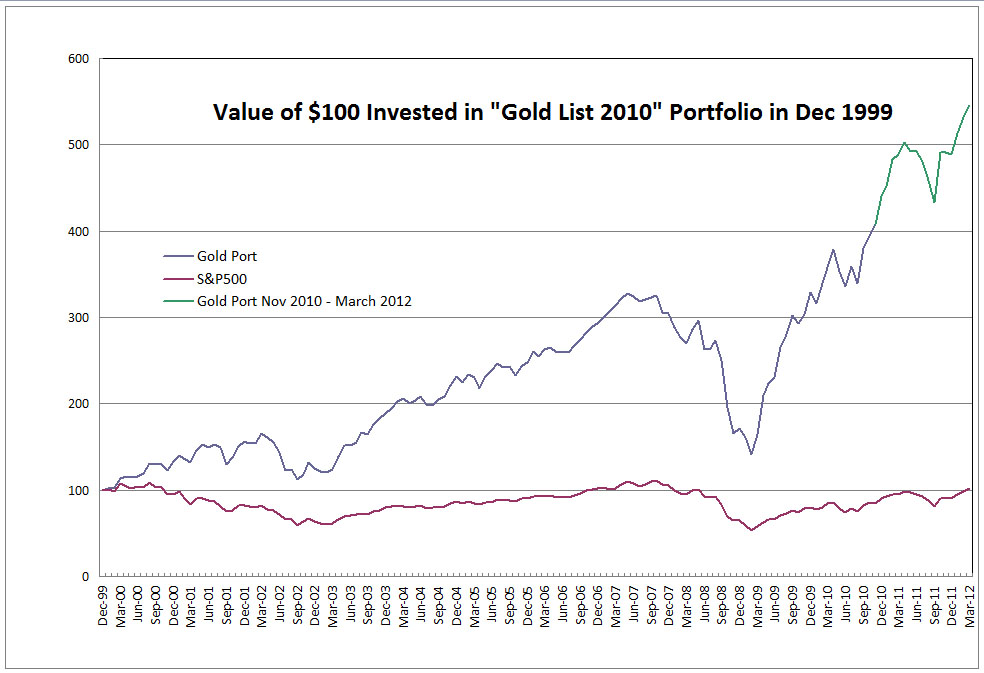BARBARA KIMMEL INTERVIEWS BOB WHIPPLE
Barbara Kimmel: Bob, tell us a bit about your background, qualifications and expertise. If you have written a book, please provide the title.
Bob Whipple: I have been in the leadership and trust business for about 40 years. Working as a senior leader in a major corporation, I found that trust is the most significant enabler of exceptional performance. To build trust, you must have exceptional leaders.
I have three books published, and a fourth one under construction. They are:
The Trust Factor: Advanced Leadership for Professionals, 2003, Productivity Publications amzn.to/14p25qp
Understanding E-Body Language: Building Trust Online, 2006, Productivity Publications amzn.to/WIDWXo
Leading With Trust is Like Sailing Downwind, 2009, Executive Excellence Publishing amzn.to/YbTbsX
Building Trust and Unity During a Merger or Acquisition, 2014
I have written over 300 published articles on trust, leadership, and other topics on personal excellence in numerous journals and in the online environment. “Leadership Excellence Magazine” has named me as the #14 top rated consultant on Leadership Development, and Trust Across America has identified me as one of the Top 100 Thought Leaders in Trustworthy Business Behavior.
Barbara Kimmel: Trust Across America’s mission is to rebuild trustworthy business behavior across the globe. How would you generally define trustworthy business behavior?
Bob Whipple: I think it’s pretty simple. Trustworthy business behavior means doing the right things at all times, especially when nobody would know if you did something else.
Barbara Kimmel: In your opinion, what are some of the specific components of trustworthy business behavior?
Bob Whipple: Personally, I think the acronym for TRUST below is a good place to start. There are literally hundreds of components that embody trust, but if a leader can consistently apply these five components, he or she is going to do well at enabling trust.
1. Trusting Others – To receive more trust, show more trust.
2. Reinforcing Candor – Praise people for speaking their truth – drive out fear.
3. Universal goals – High trust requires alignment: all pull in the same direction.
4. Sincerity – Treat people the right way: Golden Rule is a good one.
5. Transparency – Share all the information you can legally share.
Barbara Kimmel: We all know that the erosion of corporate trust is a big problem. What are companies doing to combat this, and is it enough?
It is situational. Some organizations continue to shoot themselves in the foot on trust just about every day. Their leaders believe they are heading in the right direction, but they are quite blind to the damage they are doing. It stems from a lack of Emotional Intelligence.
Fortunately, I am seeing more and more CEOs who are starting to realize what they leave off the table when there is low trust. These enlightened leaders are willing to at least consider the notion that they are a part of the problem when there is low trust. The ones that really “get it” are seeing dramatic productivity gains.
As the word spreads, some of the jerks are starting to wonder if there might really be something to this trust stuff. That is encouraging, but there are still way too many losers out there. Turning a non-believer into a true enlightened advocate for higher trust is one of the true joys in my life.
Barbara Kimmel: Is the global “trust” climate improving or worsening? What actions will turn things around?
Bob Whipple: I believe the pendulum is heading in a good direction over the past few years. There are still a lot of snakes in the grass, but I believe the worst times of abuse may be behind us.
As the Edelman Trust Barometer shows, the level of trust fluctuates country-by-country depending on what has happened in the prior year. In general, trust in the USA is lagging many other countries. That is why the work of Trust Across America and the individual contributors to the trust movement is so critical for our collective future.
Barbara Kimmel: Can you provide a few examples of companies that are doing the “right” thing in your opinion? What steps are being taken by these companies that set them apart?
Bob Whipple: There are four outstanding companies in my hometown of Rochester, NY who are leading the way with trust. They score well on the top companies to work for in America every year. They are Wegmans (grocery chain), Dixon Schwabl (marketing and advertising firm), Eastman Savings and Loan (Federal Credit Union), and Klein Steel.
All four of these organizations invest heavily in their culture, and it shows in the results they are getting. In each case it is the result of enlightened and passionate leaders that is causing this remarkable track record.
Barbara Kimmel: Anything else you would like to add as a closing comment?
Bob Whipple: I am highly supportive of the work of the Trust Across America Organization and am a proud founding member of the Alliance of Trustworthy Business Experts (ATBE). bit.ly/13TX5Kj Our work is critically important, and we are making a difference. The next two years are going to show wonderful progress on trust in business across the globe.
Barbara Kimmel: Bob, thank you for your time today and all you do to advance the cause of trustworthy business.
What do you think? Send your comments to Barbara@trustacrossamerica.com
Barbara Kimmel is the Executive Director of Trust Across America, global leaders in information, standards, data and Who’s Who in trustworthy business. www.trustacrossamerica.com


Recent Comments